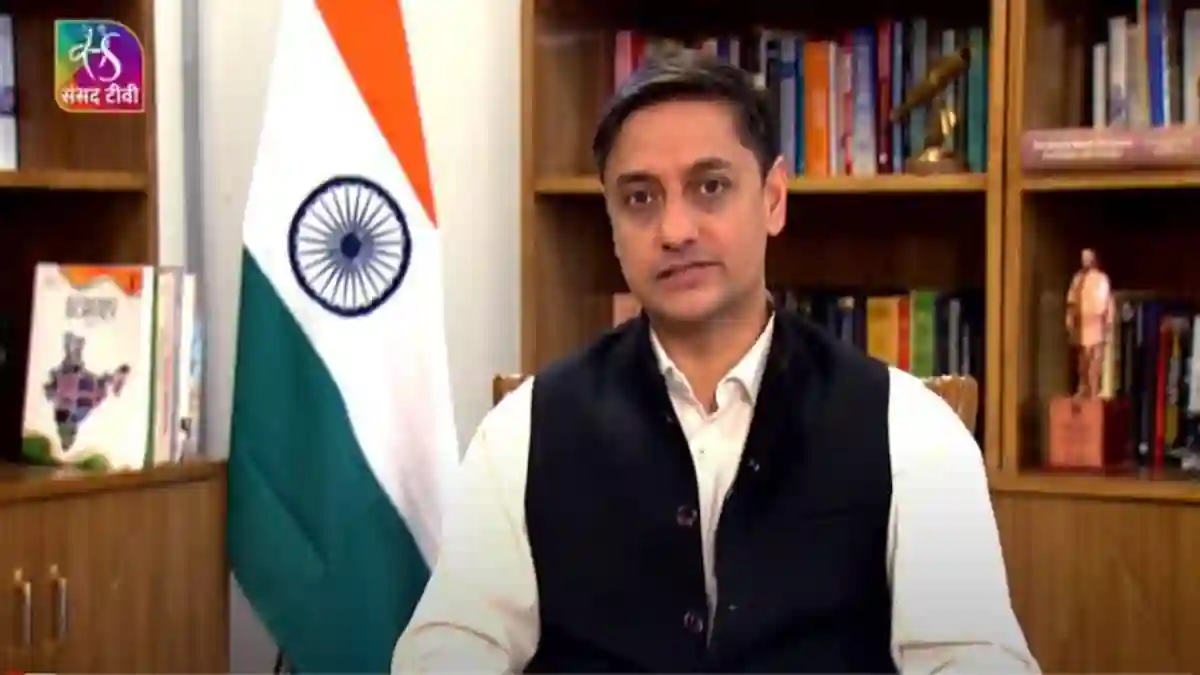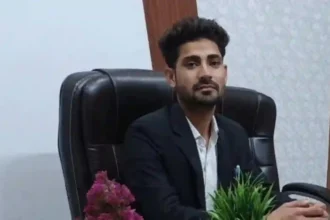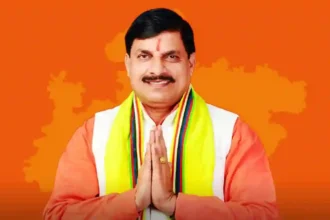
At the Nyaya Nirmaan 2025 conclave, Sanjeev Sanyal, member of the Prime Minister’s Economic Advisory Council (EAC), stated that the Indian judiciary is the single biggest roadblock to the country’s ambition of becoming a developed economy. The event, organized by the General Counsels’ Association of India (GCAI), brought together judges, policymakers, ministers, and industry leaders to discuss India’s legal roadmap for Viksit Bharat @ 2047.
Sanjeev Sanyal argued that the Indian judiciary’s inability to enforce contracts and deliver justice in a timely manner has become a critical constraint on economic growth. He explained that despite massive investments in physical infrastructure and urban development, the lack of judicial efficiency continues to hold back progress.
Highlighting what he termed the “99-1 problem,” Sanyal noted that most laws in India are designed to prevent misuse by a small fraction of people because the system is not trusted to resolve exceptions swiftly. This, he said, results in complicated rules that create unnecessary delays for the majority.
Referring to pre-litigation mediation under Section 12A of the Commercial Courts Act, Sanyal pointed out that nearly 99% of such mediations fail, leading to additional costs and months of delay. He suggested making mediation voluntary rather than mandatory, emphasizing that procedural reforms must be practical to avoid burdening the legal process further.
Sanyal also raised concerns about structural and cultural aspects of the Indian judiciary. He questioned the hierarchical distinction between senior advocates, advocates-on-record, and other lawyers, calling it outdated in the age of artificial intelligence. Colonial-era practices, such as addressing judges as “My Lord” and referring to petitions as “prayers,” were also criticized as inconsistent with a modern democratic republic.
Additionally, he questioned the long court vacations, noting that essential public services like hospitals and police do not shut down for extended breaks. According to him, the judiciary, as a public institution, must adapt to meet the needs of a rapidly developing nation.
Concluding his address, Sanjeev Sanyal urged the legal fraternity to recognize systemic shortcomings and embrace reform. He emphasized that achieving the goal of Viksit Bharat within the next two decades requires urgent improvements in the functioning of the Indian judiciary.







